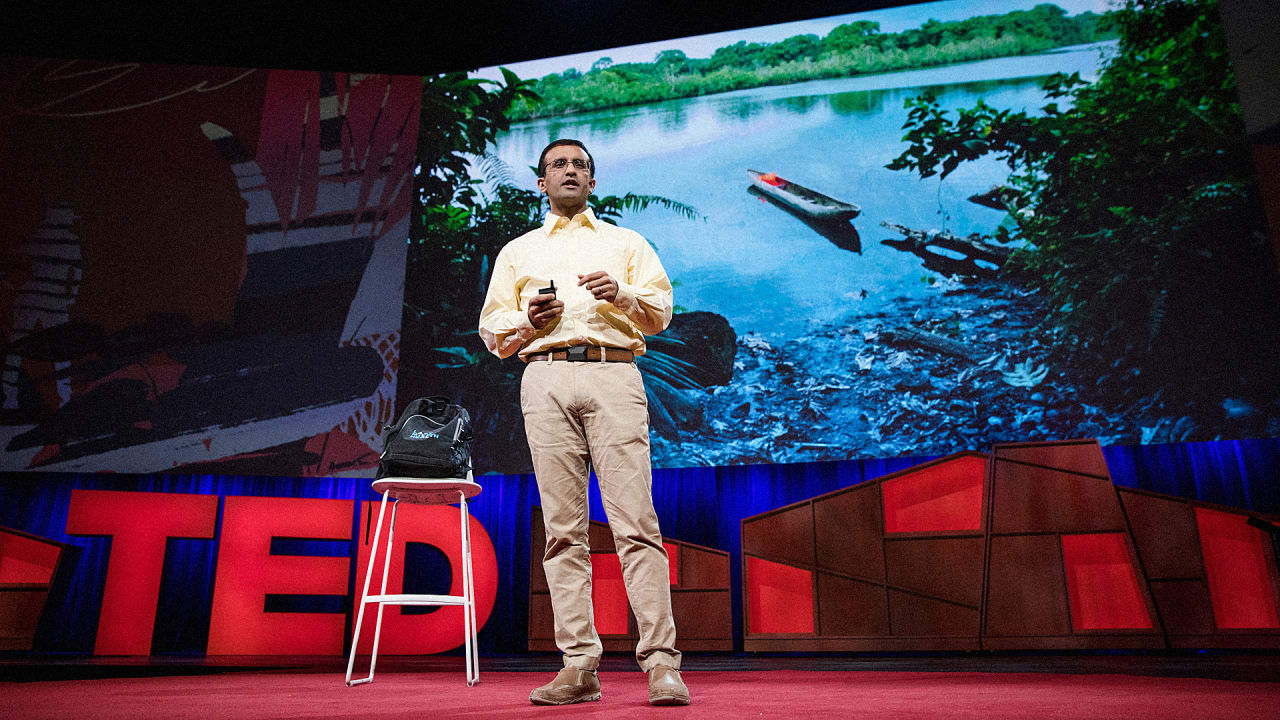The Winner Of The 1 Million TED Prize Is Bringing Healthcare To The World’s Most Remote Communities
 Get the Full StoryIf you live in a remote village in Liberia and you get sick, seeing a doctor might involve a canoe ride down a river and two days of walking through the rainforest. Clinics are similarly hard to reach for roughly a billion people around the world.
Get the Full StoryIf you live in a remote village in Liberia and you get sick, seeing a doctor might involve a canoe ride down a river and two days of walking through the rainforest. Clinics are similarly hard to reach for roughly a billion people around the world.The winner of this year’s 1 million TED Prize–Rajesh Panjabi, the founder of a nonprofit called Last Mile Health–has a solution for poor, remote communities that can’t afford to hire doctors and nurses. Instead of recruiting trained medical professionals, the organization hires local community members, some of whom may have only a middle-school education. Then it gives them the training needed to screen and treat common illnesses like malaria, providing local jobs as it fills the healthcare gap.
The organization hires local community members, some of whom may have only a middle-school education. Then it gives them the training needed to screen and treat common illnesses. Photo: Bret Hartman TED Flick It’s a system that the organization has proven can work in Liberia, where community health workers now carry backpacks with modern but low-cost medical equipment such as a 1 rapid test for malaria, and a smartphone to track and report on epidemics. Now the organization wants to scale up to reach the rest of the world. Using the prize money, Last Mile Health plans to create the Community Health Academy, a digital platform that will train workers on skills like administering vaccines or how to treat a malnourished infant.
The platform, inspired by other digital education platforms like Khan Academy, will be piloted in Liberia and then go global. Photo: Bret Hartman TED Flick The platform, inspired by other digital education platforms like Khan Academy, will be piloted in Liberia and then go global. Last Mile Health also was a Skoll Prize awardee earlier this year.
“We know that there are still millions of people dying from preventable causes in rural communities around the world,” Panjabi said at TED 2017. “What we also know is that if we trained an army of health care workers to learn even just 30 life-saving skills, we could save the lives of 30 million people by 2030… If we can help these countries scale, we could save millions of lives, and at the same time, we could create millions of jobs.”
Share: